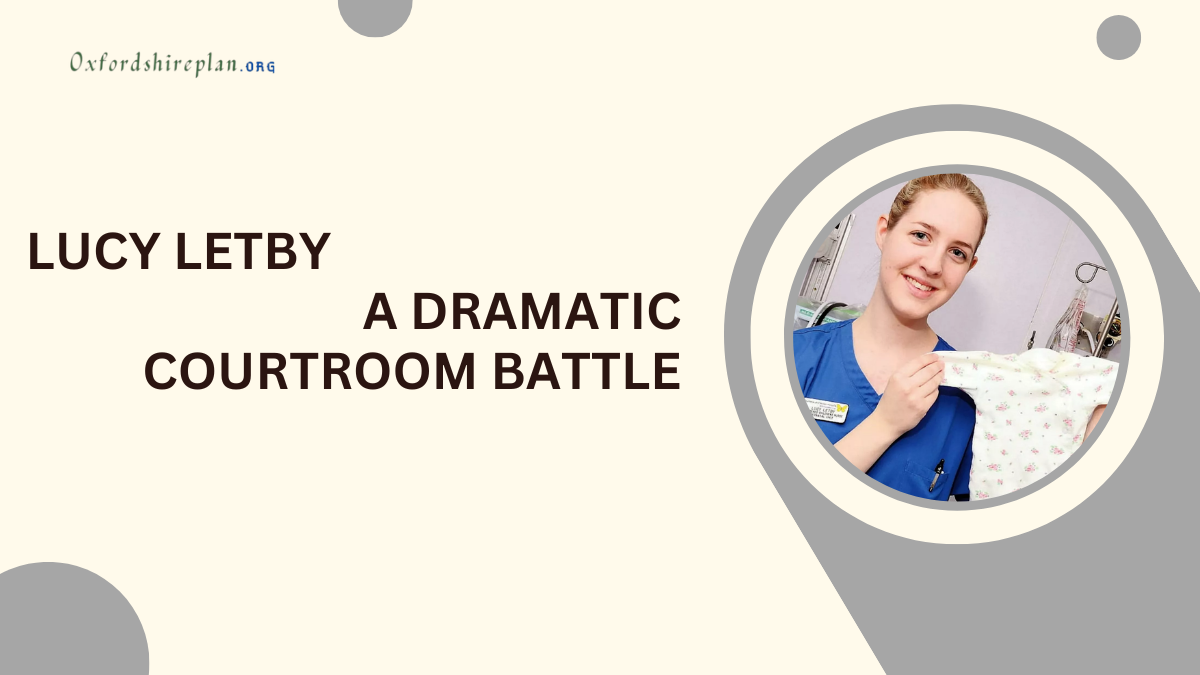Last year, Lucy Letby, a former nurse, was found guilty of murdering babies. The news captured global attention, with her image prominently displayed on various media platforms.
The gravity of Letby’s crimes, the helplessness of her victims, and lingering questions about her actions kept the public riveted. Hospital consultants who suspected Letby shared their struggles to be heard, leading to a public outcry and the announcement of a public inquiry. Meanwhile, police began reviewing 4,000 baby admissions at hospitals where Letby had worked or trained and launched an investigation to determine if the Countess of Chester Hospital should face criminal charges.
The story initially received extensive media coverage before fading from the headlines. However, the silence wasn’t just due to the news cycle moving on. For the past ten months, coverage of Letby’s case has been restricted, and now we can explain why.
A month after Letby was sentenced to life in prison, the Crown Prosecution Service (CPS) announced plans for a retrial on one of the undecided charges. Letby had been convicted of murdering seven babies and attempting to murder six more while acquitted of two counts of attempted murder. Six additional charges were left unresolved. The CPS intended to retry one of these charges. Consequently, a court order was issued to prevent reporting that could prejudice the new trial, leading to a temporary news blackout.
In the meantime, Letby’s defence team sought permission to appeal her convictions. The appeal process was private, and details about her grounds for appeal or the judge’s reasons for denial were not disclosed. Letby could still request a final appeal in front of three judges at the Court of Appeal in London, and this hearing would be public.
When the appeal hearing took place, Letby appeared via video link from HMP Bronzefield, where she is currently incarcerated. It was the first time she had been seen since refusing to attend her sentencing hearing. Her appearance and demeanour remained largely unchanged.
During the hearing, Letby’s lawyers argued her convictions were unsafe. They questioned the science behind the prosecution’s case, criticized the prosecution’s expert witness, and claimed errors in the judge’s directions to the jury. Many of these points were familiar from the original trial. However, Letby’s lead barrister, Ben Myers KC, introduced new elements, including a cafe altercation, a stolen phone, and an email alleging juror bias. Additionally, neonatologist Dr Shoo Lee from Toronto, whose research on air embolism had been cited by the prosecution, testified for the defence. He claimed that the specific skin discolouration diagnostic of air embolism was not observed in the babies involved in the case.
The prosecution countered, asserting that the instances of skin discolouration were consistent with air embolism and that Dr Lee had not reviewed all relevant trial evidence. Despite the new testimony, the Court of Appeal judges denied Letby’s request for permission to appeal.
Throughout Letby’s trial, online communities analyzed evidence and shared opinions. While many followed media reports and live blogs, some posted comments that breached legal restrictions. After the guilty verdicts, the internet buzzed with varying opinions, including scepticism from individuals like statistician Richard Gill and biotech consultant Sarrita Adams. Adams even launched a campaign for a new trial for Letby.
These online arguments did not appear in the courtroom. Letby’s legal team was limited to presenting arguments that showed legal mistakes or new evidence potentially affecting the original verdicts. Letby herself controlled the defence strategy, and despite the online campaigners’ efforts, she hasn’t signalled dissatisfaction with her legal representation.
Those who believe in Letby’s innocence remain vocal, causing distress for the families of her victims. At the first hearing of the Thirlwall Inquiry, barristers for the victims’ families described the anguish caused by conspiracy theories. They argued for the public inquiry to be live-streamed to reduce speculation and misinformation.
The retrial, held ten months after Letby’s initial conviction, drew more public attention. Up to 30 people crowded the courtroom door each morning, contrasting with the first trial’s quieter attendance. Among the crowd were long-time trial followers, while others were there out of curiosity.
The retrial also saw disruptions, with some individuals handing out flyers or attempting to record the hearing. Meanwhile, online discourse continued to be contentious, with accusations of bias and dishonesty directed at reporters and witnesses.
Letby’s denial of guilt and the ongoing investigations by Cheshire Police suggest the story is far from over. The upcoming public inquiry will examine how hospital managers handled doctors’ concerns about Letby.
Despite intense scrutiny, Letby remains an enigma. Her motives and psychological profile continue to elude clear understanding, even after two trials.
Read More:
- PM’s Defence Spending Pledge: ‘As Solid as Iron
- MoD to Compensate Veterans for Hearing Loss
- TikTok Star Jay Slater Flees UK Amid Safety Concerns
- Dyson Announces Massive UK Workforce Reduction
- Rights Groups Offer Starmer a Vision for asylum overhaul

I am a dedicated lifestyle and fashion enthusiast, always looking for the latest trends and timeless styles. With a flair for creativity and a passion for self-expression, I provide fresh insights and tips on elevating everyday living and personal style.
















